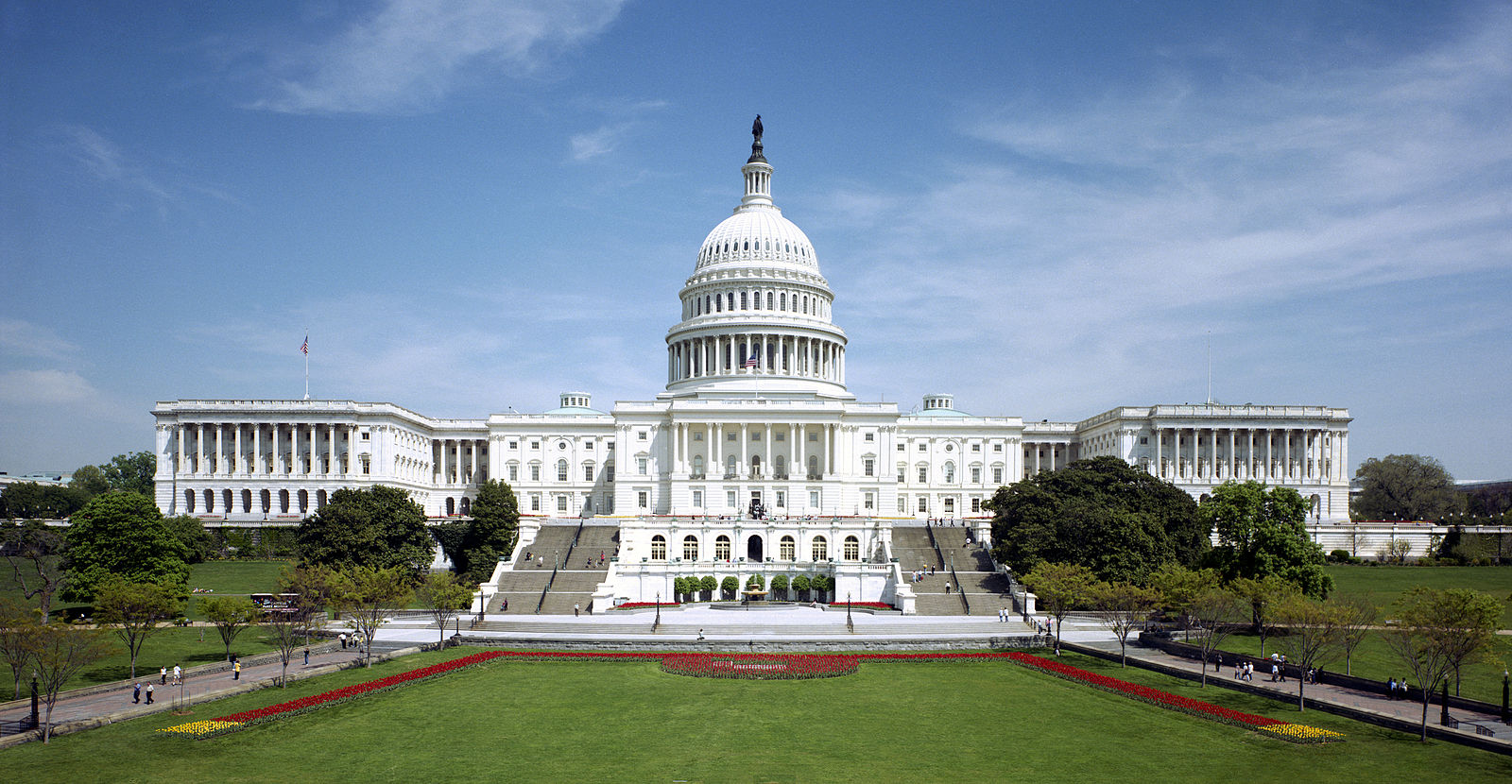Oft repeated but rarely challenged, the claim that “billionaires and special interests buy politicians and elections” has grown enormously popular among young people.
It’s certainly undeniable that money is an influencer in politics. Politicians spend obscene amounts of time raising money — and then spend obscene amounts of money on elections. Campaign donations by individuals or groups get them access and attention. That money can be spent on get-out-the-vote efforts, campaign advertising and other campaign needs.
On the surface, money seems to be the end-all, be-all in politics. Nine in 10 Congressional seats were won by the better financed candidate. President Obama shattered campaign finance records in his two presidential campaigns. Yet this relationship might be a more casual association.
But big money’s influence is overblown. The amount of money a candidate has appears to be more of a correlation to than a causation of success. Furthermore, the influence of money can be largely countered with political participation: the basic right to vote and involvement with specific issues, candidates and parties.
A study by economist Steve Levitt found that candidates who doubled campaign spending only increased their vote share by one percentage point, holding all else equal. Those who cut spending in half lost only one percentage point in total. These findings illustrate that money is not as important as many of our peers claim. Successful or attractive candidates do seem to attract campaign money, but money is not the primary cause of their success. Donors might circle around a winner, much like voters do late in a primary season.
It’s easy to say “money buys elections,” but the evidence shows it’s not that simple. And what does it say about the average voter if those campaign ads and other spending easily sway that voter?
Party affiliation remains the most important influence on a voter’s choice, though ideology and personal appeal play important roles as well. Other factors like incumbency and gerrymandering favor certain parties or candidates variously across the country. These are certainly things that need reform — potential solutions include term limits and a more independent redistricting process.
Think of Jeb Bush in this election. The early primaries’ biggest spender, Bush spent $2,800 per vote in Iowa and won just 2.8 percent of the total vote. That was 18 times the amount of money that winner Ted Cruz spent per voter. In New Hampshire, Bush spent $1,150 per vote — only to finish behind Cruz, who spent just $18 per vote. And with front-runner Donald Trump’s frugal spending, it’s clear that money isn’t a guarantee.
But suppose money plays a bigger role than economists and political scientists have been able to identify. Or suppose we’re just tired of politicians being unduly influenced by billionaires and special interest groups.
In that case, we need to identify the problem, the reason why money can influence elections. Because vote totals, not campaign coffer totals, actually decide the winner in elections, it can’t just be the massive amounts of money.
Part of the problem is lack of basic civic engagement. Large swaths of the population do not vote in elections, particularly midterm and primary elections. There are still many voter accessibility issues that are not insignificant — as it relates to proper election procedures, vote format and the like. Take the long lines in Arizona primaries this past Tuesday, voter identification card confusion or the many states who lack sufficient early or alternate voting options.
But turnout has been on a decline and remarkably low for the last few decades, especially recently.
The national turnout among the voting-eligible population was
36.7 percent in 2014. In 2012, the last presidential election year, it was 58.2 percent. Many primary states have seen turnout well below these numbers. Consider that critical state of Florida: Just 28.1 percent of the voting-eligible population cast ballots, even with a lengthy early voting period.
Complain about billionaires all you want, but if 70 percent of citizens aren’t voting in the accessible, highly publicized primary election, Americans are doing themselves much more harm. You need to do everything in your power to vote.
If voting is a fundamental civic duty, then so is becoming an informed voter. With Internet access virtually everywhere in the country, each of us has the ability to consume information from a variety of sources across ideological spectrums. Coupled with traditional media, we have the ability to make informed decisions about our political ideology, affiliation and electoral decisions. Take time to consider your beliefs and learn more about other beliefs. Learn about critical issues and the various candidates presented to you. Money has little influence if you’ve taken the time to consider your positions and voted in all levels of elections.
You can do more than being an informed voter, depending on time and resources available to you. Get involved with a particular issue in your community or nationally. Volunteer for or donate to a candidate’s campaign. If you feel strongly about a party, participate in that party’s activities. Get your friends, family and neighbors involved as well. Run for office yourself! Every contribution helps your cause — and our democracy.
There’s a lot of reform needed in our democracy. But the biggest reform won’t come from Congress, the judiciary or an executive order. It’ll come from people like you becoming informed citizens: being active at the ballot box, holding your elected officials accountable and taking a greater role in your party or candidate selection.
Start now.
Matt Dragonette, opinion editor, is an accounting and government and politics major. He can be reached at mdragonettedbk@gmail.com.



